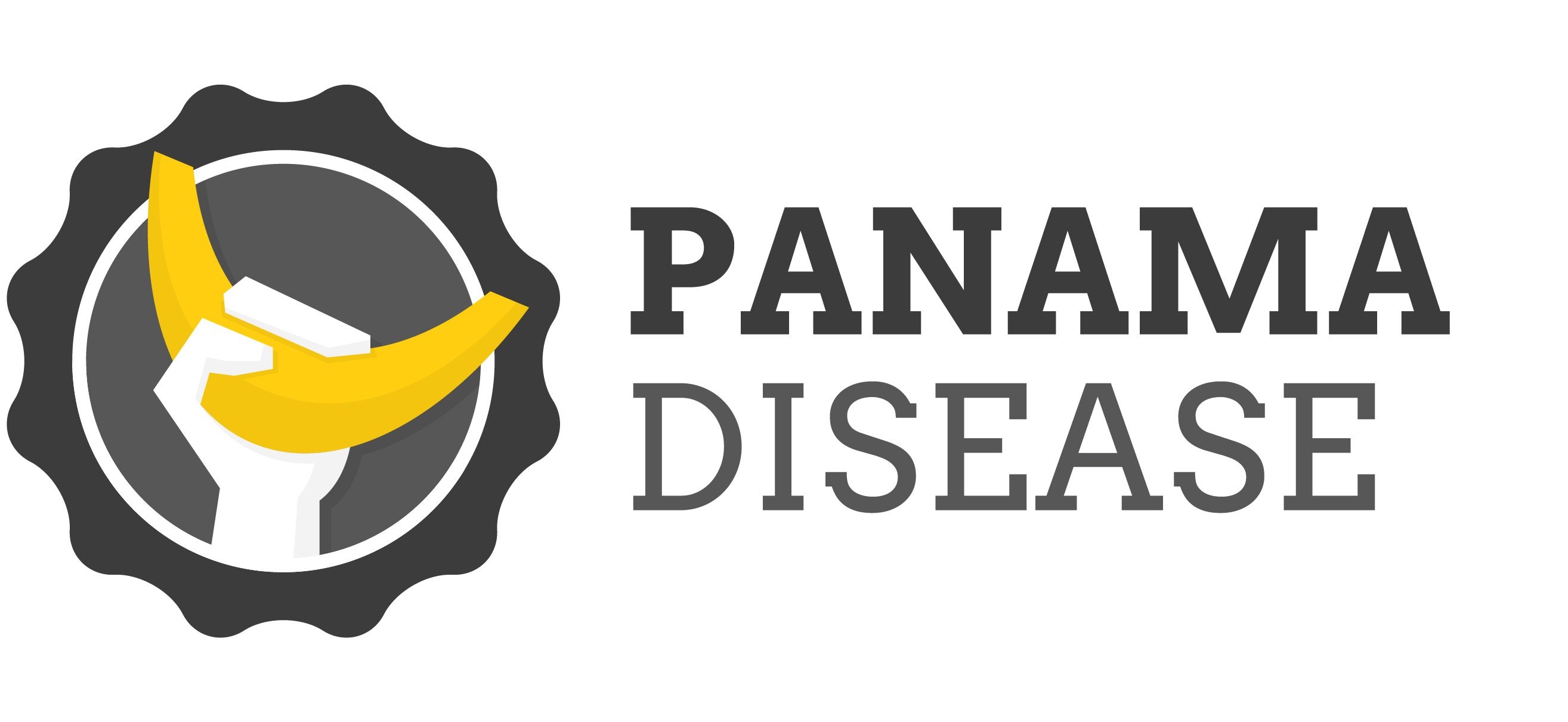UNDERSTANDING THE DISSEMINATION OF PANAMA DISEASE IN THE PHILIPPINES
Maricar Salacinas, PhD student at Wageningen UR, works since two years on the understanding of the dissemination of Panama disease (or TR4) and the efficacy of current methodologies that are used to prevent further spreading of TR4 in the Philippines.
Salacinas: “In the last two years, my work concentrated on the analyses of numerous soil samples addressing the epidemiology of TR4 in Mindanao (Philippines). I collected soil samples from Lakatan banana fields (local banana cultivar), and from various locations in the lowlands and highlands after a range of management practices including isolation and rice-hull burning. Last months, I was at Wageningen UR to analyse the soil samples. Now I am back in the Philippines to further study the efficacy of sanitation, disinfection, and the potential of soil disinfestation. Furthermore to determine the viability of fungi spores at different soil depths.”
Later Salacinas will work in Wageningen on the validation of resistance to TR4 in a selected group of banana varieties. This will be conducted in close collaboration with Fernando Garcia, another PhD student in the INREF program.
Want to know more about the research activities of Salacinas? You can contact her via email.
On the photo: A with Panama disease infected area on a banana farm in Mindanao, Philippines.

Recent Comments